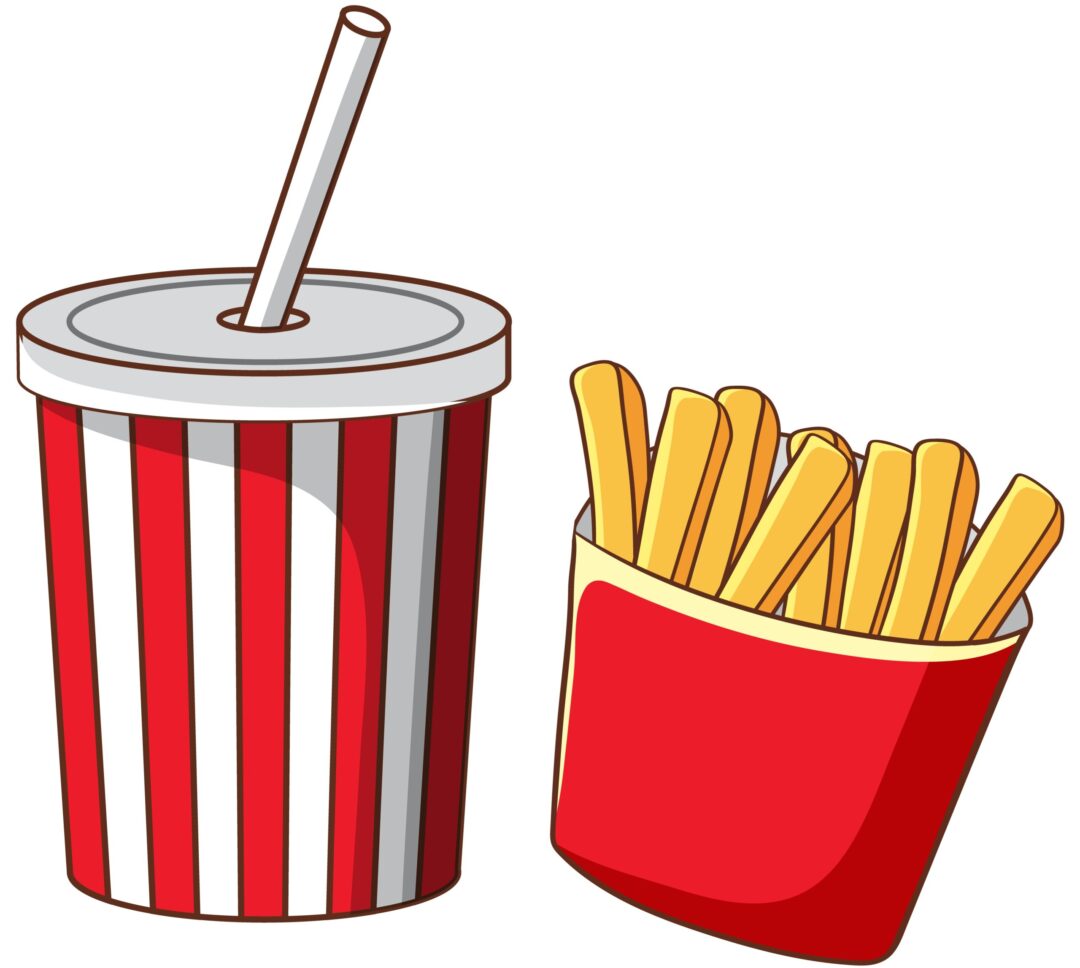A migraine remedy recently went viral on social media, generating millions of views, comments and testimonials. The “McMigraine” hack was touted as a treatment for migraine attacks that involves downing a large Coke and large fries from McDonald’s, although presumably any fast-food outlet could provide the same service.
So is there any science behind this? There could be.
Firstly, it’s very common to get food cravings before and during the headache phase of a migraine attack, especially cravings for sugary and salty foods. This is why people often associate certain foods like chocolate or cheese with migraine attacks – during the early phase (the prodrome) of the migraine attack, dysfunctional signals in the brain cause cravings and also symptoms like nausea, fatigue, and sensitivity to light. Wanting a soda and fries could be part of the migraine attack and may be due to low blood sugar and sodium levels during an attack. It makes sense to listen to your body but if you have a salt craving, an electrolyte drink rather than fatty fries would be easier on the stomach (and the waistline), especially if you have nausea, which is commonly part of a migraine attack. For sugar cravings, there may be better options than a coke. A 330ml can has 35g or nine teaspoons of sugar, but a large serving from McDonald’s may have double that, which can cause blood sugar levels to spike and then crash, making you feel worse. Maybe a piece of fruit instead – or even that piece of chocolate, since provocation and prospective studies have not found that chocolate causes migraine attacks, at least for the majority of people.
But there is also caffeine in coke, which could be where the effect of the McMigraine hack is coming from. It’s very well established that combining caffeine with pain relievers such as paracetamol or non-steroidal drugs enhances the effectiveness of these drugs when taken for migraine and headache. Caffeine even on its own can act as a pain reliever – probably through blocking adenosine receptors in the brain rather than constricting blood vessels, as is commonly thought.
It can take 100-200mg of caffeine to optimize the pain-relieving effect. A 330ml can of coke has around 30-40mg of caffeine but a large coke from McDonalds could have twice that amount. A caffeine tablet (200mg) or a cup of coffee (100mg) could also do the trick. But caffeine doesn’t treat migraine attacks for everyone and in some people, it might exacerbate or set off an attack. The advice for the general public is to limit caffeine consumption to no more than 400mg a day but people with migraine should be especially cautious. If you have a coffee habit, keep it regular. Beware of too much coffee and withdrawal or rebound headaches.
The fact that the McMigraine hack has blown up on social media speaks to the fact that migraine is both extremely common and often not very well managed – people are desperate for a quick fix. We know from international research that as many as half of people with migraine never go to a doctor to seek help, for a whole range of reasons, such as not thinking there is anything the doctor can do or not thinking it’s important enough or not thinking they’ll be taken seriously – and this is even in people with very severe and disabling symptoms.
But there are many more and much better ways to manage migraine than fries and a Coke. Check out our tips for managing a migraine attack here and if you have never tried a triptan, which is a migraine-specific medication used when you have a migraine attack, ask your doctor about them. In NZ there are two tablet forms and an injection. Try all of them, if one hasn’t worked, especially the injection, which many people aren’t aware of but can be very effective if you have nausea or vomiting.
And if you have frequent migraine attacks, then there are preventive treatments to reduce the number of attacks. Check out the rest of our website for more on managing migraine.
Instead of following TikTok trends, join our Facebook migraine support group to get ideas and help from a wonderful online community. Social media can be a powerful source of information and encouragement, especially when shared experiences make you feel less alone and isolated. But not everything on social media is truthful or helpful. Treat any promotion of a migraine cure, especially one involving a fast-food franchise, with healthy skepticism.
Listen to or read our interviews about migraine and the McMigraine hack here:
Can Coke and fries really help with migraines? TVNZ
The McMigraine meal hack: Does is really work? RNZ (audio)
The McMigraine meal hack: Does it actually work? | RNZ (written)
Image from brgfx on www.freepik.com


